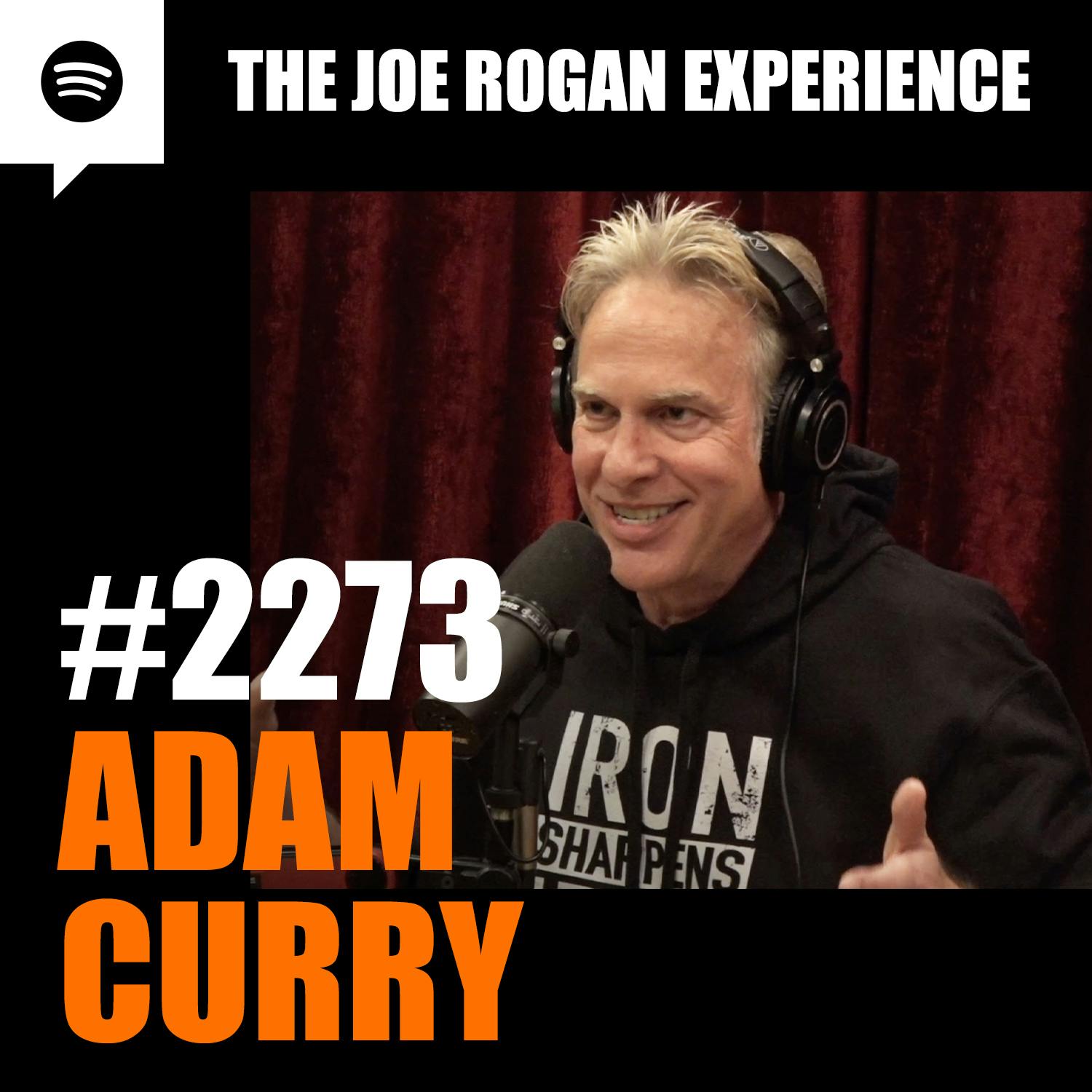
August 22, 2024 • 3hr 3min
#2193 - Jack Symes
The Joe Rogan Experience

Key Takeaways
- The fundamental question of philosophy according to Albert Camus is whether life is or is not worth living. This ties into questions of meaning, purpose, and the existence of God.
- New atheism (e.g. Dawkins, Hitchens) fails to provide satisfying answers about meaning and ethics after criticizing religion. This has led to its decline in popularity.
- The problem of evil poses a significant challenge to belief in an all-good God, given the immense suffering in nature and evolution.
- Pantheism - the view that God and the universe are identical - is gaining traction as an alternative to traditional theism and atheism.
- There are philosophical issues with pantheism, like how individual minds arise from one unified consciousness.
- Psychedelic experiences can provide profound insights but also carry risks of negative psychological effects for some people.
- Free speech is important but has some limits, like inciting violence. The challenge is determining where to draw the line.
- General interest podcasts like JRE serve a valuable role in introducing topics to a wide audience, even if they can't do deep dives on every subject.
Introduction
Jack Symes is a public philosopher, writer, and producer of the "Panpsycast" podcast. He is a researcher at Durham University and author of books on philosophy of religion. In this wide-ranging 3-hour conversation, Rogan and Symes discuss big philosophical questions about the meaning of life, the existence of God, consciousness, psychedelics, free speech, and more.
Topics Discussed
The Fundamental Question of Philosophy (3:21)
Symes argues that the fundamental question of philosophy, as posed by Albert Camus, is "whether life is or is not worth living." This ties into questions of meaning, purpose, and the existence of God.
- This question arises when we step back and contemplate our existence, leading to a sense of absurdity
- It's not resolved simply by being physically large or long-lived - even if we were the size of the universe it wouldn't necessarily give life meaning
- Traditional religion provided answers, but with its decline we're left searching for new sources of meaning
Critiques of New Atheism (5:15)
Symes criticizes the "New Atheism" movement (e.g. Dawkins, Hitchens) for failing to provide satisfying answers about meaning and ethics after criticizing religion:
- New Atheism effectively critiqued religious beliefs but didn't offer compelling alternatives for finding meaning and purpose
- This failure has led to the declining popularity and influence of New Atheism
- "Once that project and like once they embark on that project and they criticize religion, there isn't really anything left there. Like they don't do the projects of philosophy, of finding the meaning in the ethics."
The Problem of Evil (17:07)
Symes discusses how the problem of evil poses a significant challenge to belief in an all-good God:
- The immense suffering in nature and through evolution seems incompatible with an all-good creator God
- An all-powerful God could have created a world without such suffering, so why didn't he?
- This problem leads many to reject traditional theism, even if they find some arguments for God's existence compelling
Pantheism as an Alternative (50:36)
Pantheism - the view that God and the universe are identical - is discussed as a potential alternative to traditional theism and atheism:
- Sees the universe/nature as divine and evolving towards greater complexity and consciousness
- Avoids some problems of traditional theism while maintaining a sense of cosmic meaning
- Aligns with some psychedelic and mystical experiences of unity with nature
Philosophical Issues with Pantheism (1:50:22)
Symes raises some philosophical challenges to pantheism:
- The combination problem: How do many little conscious particles combine to form one unified consciousness?
- The decombination problem: How does one big cosmic mind break into many individual minds?
- These issues make it difficult to coherently explain the relationship between cosmic and individual consciousness
Psychedelic Experiences (2:16:14)
The conversation turns to psychedelic experiences and their philosophical implications:
- Can provide profound insights and feelings of cosmic unity
- But also carry risks of negative psychological effects for some people
- Symes cites research showing ~1/3 of users have negative effects lasting over a year
- Need for more balanced public discourse acknowledging both benefits and risks
Free Speech and its Limits (2:31:35)
Rogan and Symes discuss the importance of free speech and debates around its limits:
- Free speech is crucial but has some limits, like inciting violence
- The challenge is determining where exactly to draw the line
- Need to balance protecting speech with preventing harm
- Concerns about government overreach in restricting speech
Role of General Interest Podcasts (2:48:54)
They reflect on the role of general interest podcasts like JRE in public discourse:
- Serve valuable role introducing topics to wide audience
- Can't do deep dives on every subject
- Spark curiosity for listeners to explore further
- Complement more specialized, in-depth podcasts
Conclusion
This wide-ranging philosophical conversation covered fundamental questions about meaning, God, consciousness, psychedelics, free speech and more. While not reaching definitive conclusions, it highlighted the ongoing importance of grappling with these big questions. The discussion showcased the value of long-form conversations in exploring complex topics, while also noting the need for further specialized inquiry. Ultimately, it emphasized the human drive to find meaning and understand our place in the cosmos, even in a seemingly indifferent universe.









